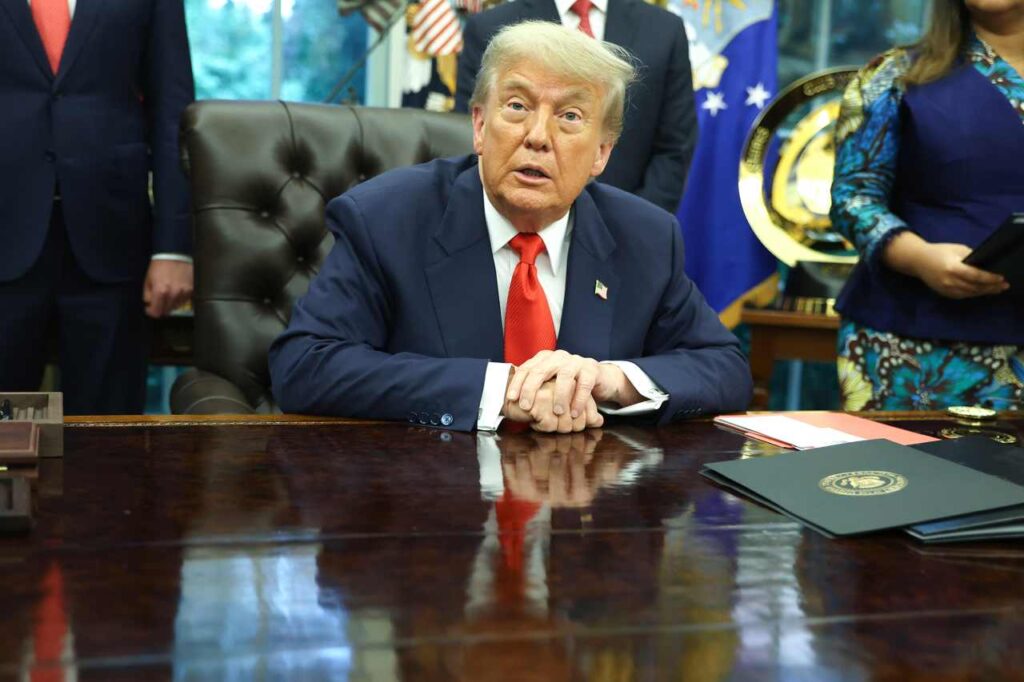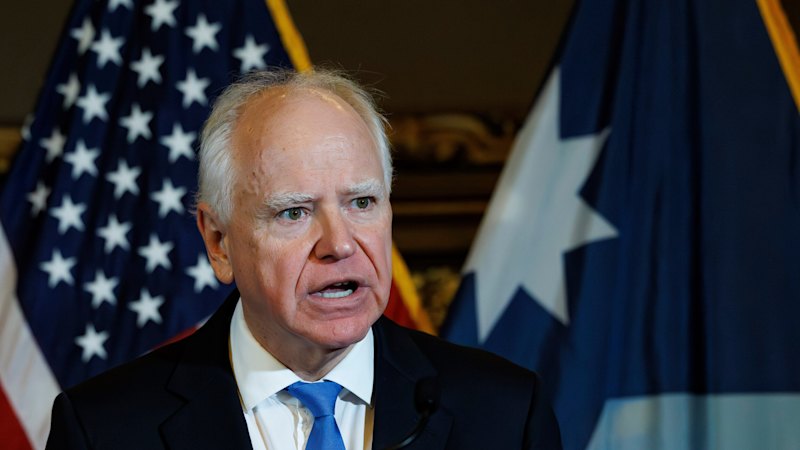
In a bold stance, former President Donald Trump has reiterated his commitment to the July 9 trade deadline, expressing skepticism about reaching a trade agreement with Japan. This announcement, made during a press conference on Friday, underscores the complexities of international trade negotiations amid shifting global economic dynamics.
The former president’s remarks come at a time when trade relations between the United States and Japan are under intense scrutiny. Trump, known for his hardline trade policies, emphasized the importance of sticking to the deadline, despite the challenges in bridging differences with Japan.
Background on U.S.-Japan Trade Relations
The trade relationship between the United States and Japan has historically been characterized by both cooperation and contention. As two of the world’s largest economies, their trade policies have significant implications for global markets. In recent years, negotiations have been complicated by issues such as tariffs, market access, and regulatory standards.
During his presidency, Trump frequently criticized trade imbalances and sought to renegotiate trade deals to favor American interests. His administration imposed tariffs on Japanese goods, which led to retaliatory measures and heightened tensions between the two nations.
Challenges in Reaching a Deal
According to trade experts, the primary hurdles in the current negotiations include differences in agricultural policies, automotive trade, and digital commerce regulations. Japan has been cautious about opening its agricultural markets, a key demand from the U.S. side, while the U.S. seeks greater access for its automotive industry.
Dr. Emily Chen, a trade policy analyst at the International Economic Forum, noted, “The complexities of these negotiations cannot be understated. Both nations have deeply entrenched interests that make compromise challenging.”
“The complexities of these negotiations cannot be understated. Both nations have deeply entrenched interests that make compromise challenging.” – Dr. Emily Chen
Implications of the July 9 Deadline
The insistence on the July 9 deadline is seen by some as a strategic move by Trump to pressure Japan into concessions. However, this approach carries risks, including potential disruptions to supply chains and economic uncertainty for businesses dependent on U.S.-Japan trade.
Economists warn that failing to reach a deal could have ripple effects on global markets. “A stalemate in negotiations could lead to increased tariffs and trade barriers, impacting not just the U.S. and Japan, but also their trading partners,” explained Dr. Robert Lee, an economist at Global Trade Insights.
“A stalemate in negotiations could lead to increased tariffs and trade barriers, impacting not just the U.S. and Japan, but also their trading partners.” – Dr. Robert Lee
Looking Ahead: Potential Outcomes
As the July 9 deadline approaches, both nations are under pressure to find common ground. The outcome of these negotiations could set a precedent for future trade deals and influence global economic policies.
While the prospect of a deal remains uncertain, stakeholders are closely monitoring the situation. Businesses, policymakers, and international observers are keenly aware of the potential consequences of these negotiations, which could redefine trade dynamics in the Asia-Pacific region.
In the coming weeks, the focus will be on whether diplomatic efforts can bridge the gap between the U.S. and Japan. The stakes are high, and the world is watching to see if a resolution can be achieved before the deadline.
Ultimately, the outcome of these negotiations will have far-reaching implications, not only for the economies directly involved but also for the broader international trade landscape.







